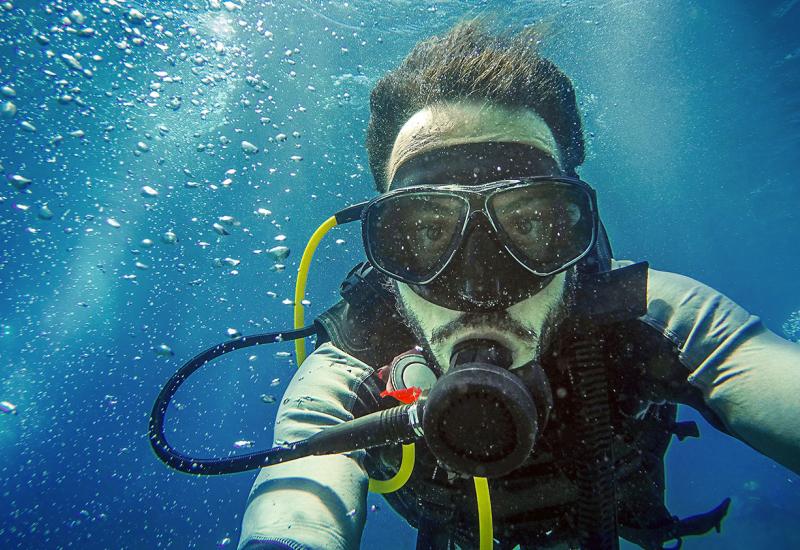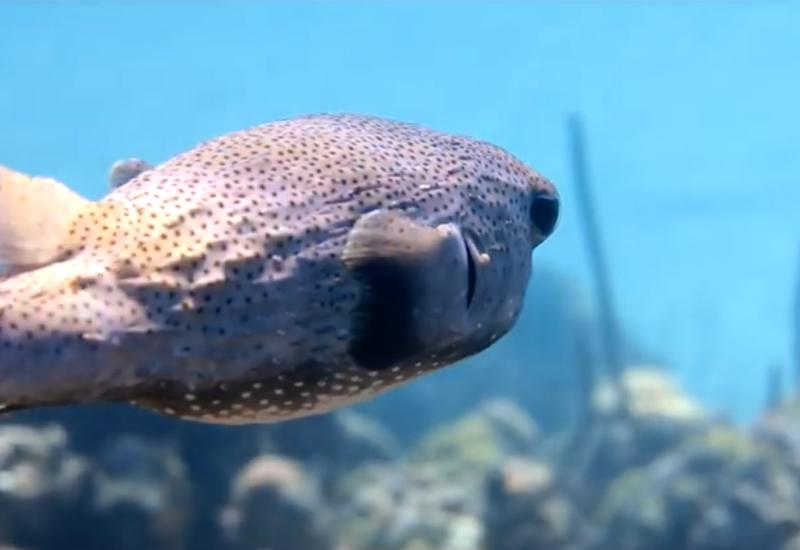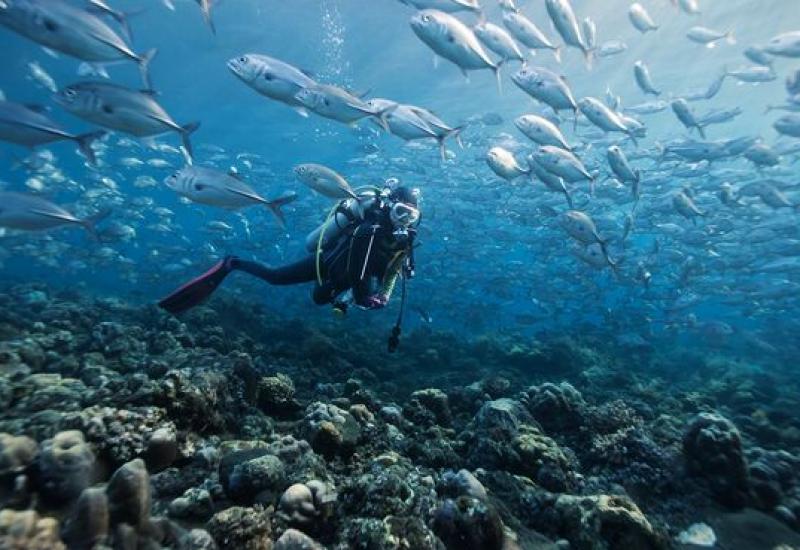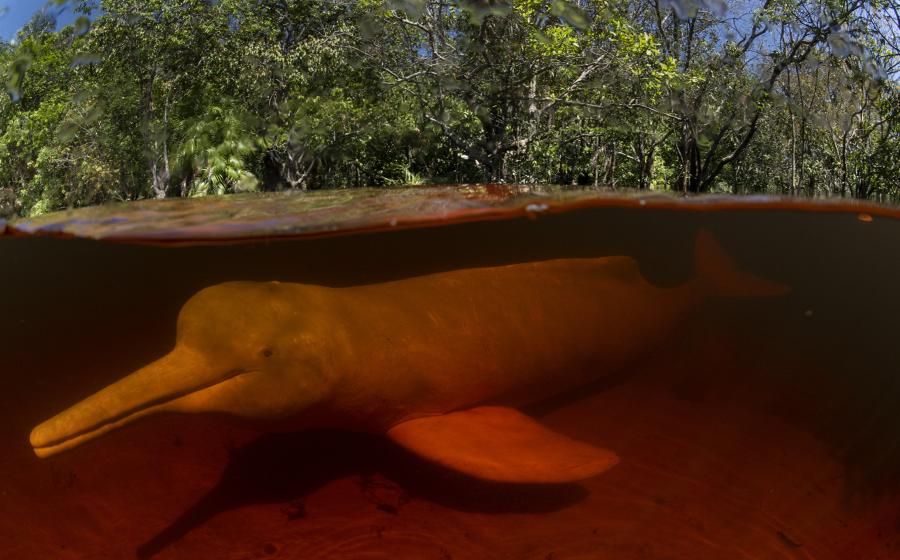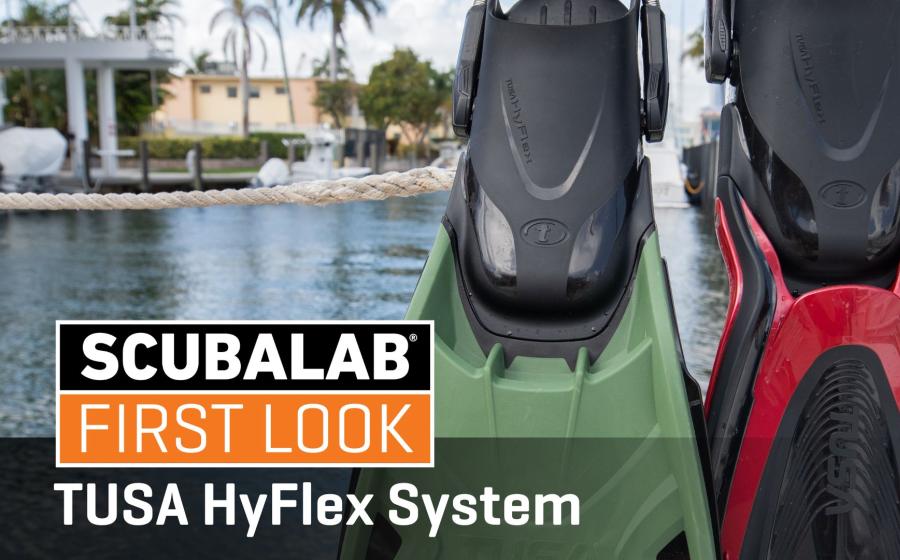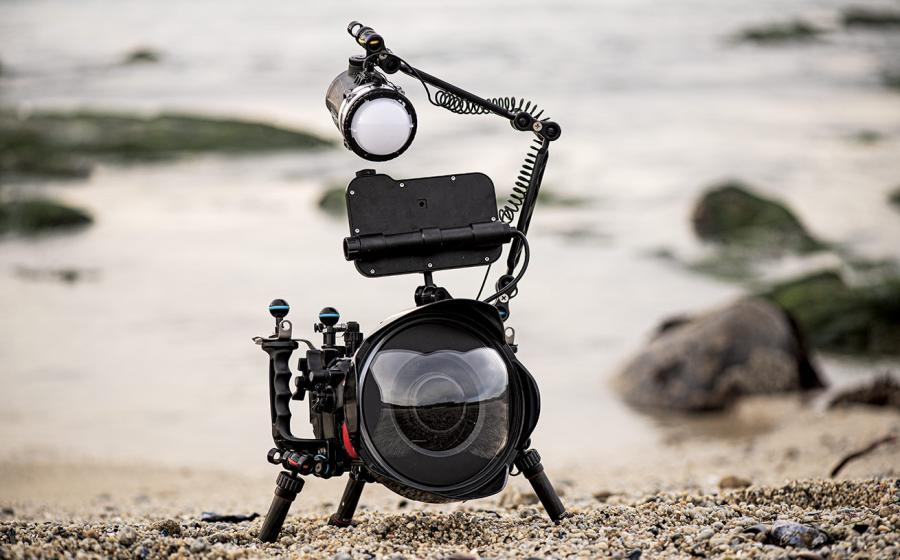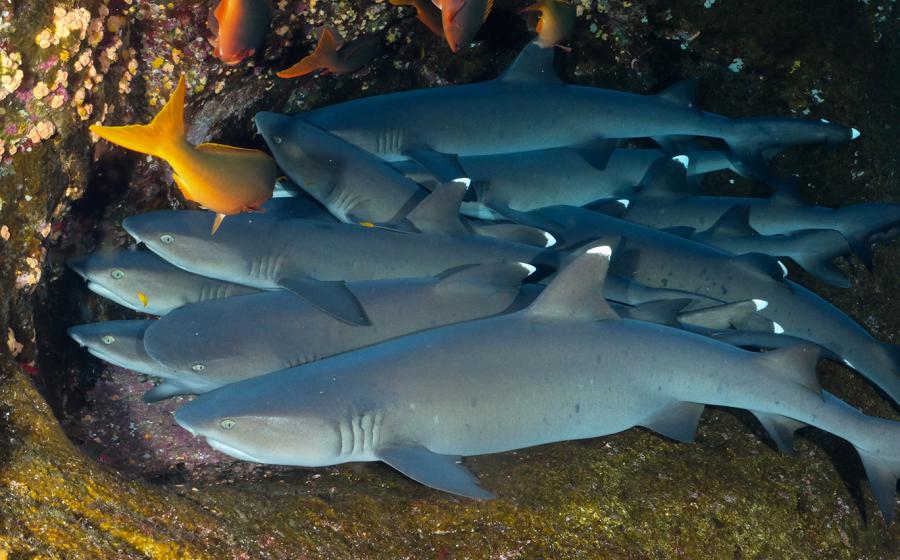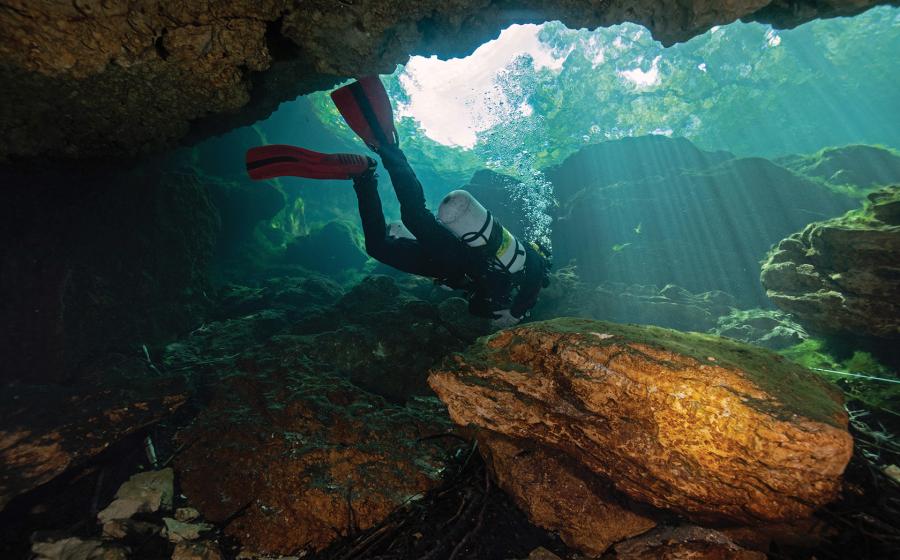Travel Tips: Hidden Fees to Consider When Planning a Trip
The spending doesn’t end at two tanks and a hotel room — be mindful of these fees when planning a trip.
When you’re budgeting for your next trip, it’s easy to figure out costs like airfare, hotel and diving. What’s not so easy is planning for all the little fees that pop up during a dive trip, surprising all but the most experienced travelers. We put together a list of the eight most common additional costs you’ll encounter on a dive trip.

Thomas BurnsHow to count the costs before your trip.
Marine-Park and Environmental Fees
Many of the best dive destinations stay that way thanks to marine parks and local conservation. In some cases, divers are asked to pay a fee that helps fund these efforts. In Bonaire, the entire coastline is protected by STINAPA, which charges $25 annually or $10 daily for a tag that attaches to your BC.
Luggage Fees
Any diver with their own equipment knows the struggle of flying with a heavy dive bag. Along with the standard baggage allowances and fees on most major airlines, be sure to check the (sometimes strict) weight limits on small inter-island flights, especially in remote areas.
Shuttles
Check out your transportation situation, from the airport to your dive lodge or resort, before departing for your trip. Find out if transportation to and from the airport is included in your stay. Sometimes, there may be an additional fee for shuttle services.
Nitrox
Breathing nitrox instead of air provides longer bottom times, but you’ll normally pay an extra fee because each tank has to be professionally filled with a special mix. On day boats, nitrox usually costs an extra fee per tank, while liveaboards often charge a flat fee for nitrox throughout the trip.
Dive-Crew Tips
Do some research ahead of your trip to find out the local standards for tipping on dive boats in your destination — it’s not the norm everywhere, but gratuities are common on many dive boats, especially liveaboards, where the dive crew provides many services. Even on day boats, the dive crew does a lot of work behind the scenes to make your trip a success, so consider budgeting tips for each day of diving as a way of saying thanks for great service.
Chamber Support Fees
Most dive destinations have local recompression chambers for emergencies, and in some cases, divers may be asked to pay a small fee to help support the costs of operating these important emergency facilities.
Port Fees and Fuel Surcharges
Most liveaboards have additional fees that divers will pay upon boarding. Most commonly, this fee will be a combination of your port fees and a fuel surcharge, but it may also include marine-park fees and any local taxes levied by the country you’re visiting.
Departure Taxes
As you make your way to the airport for your flight home from your dive trip, check whether your destination requires a departure tax. In some countries, this fee is included in your airfare, while others require departing visitors pay the tax at the airport. Also find out whether you need to pay in local currency, and if so, be sure to have enough on hand to pay the fee.


